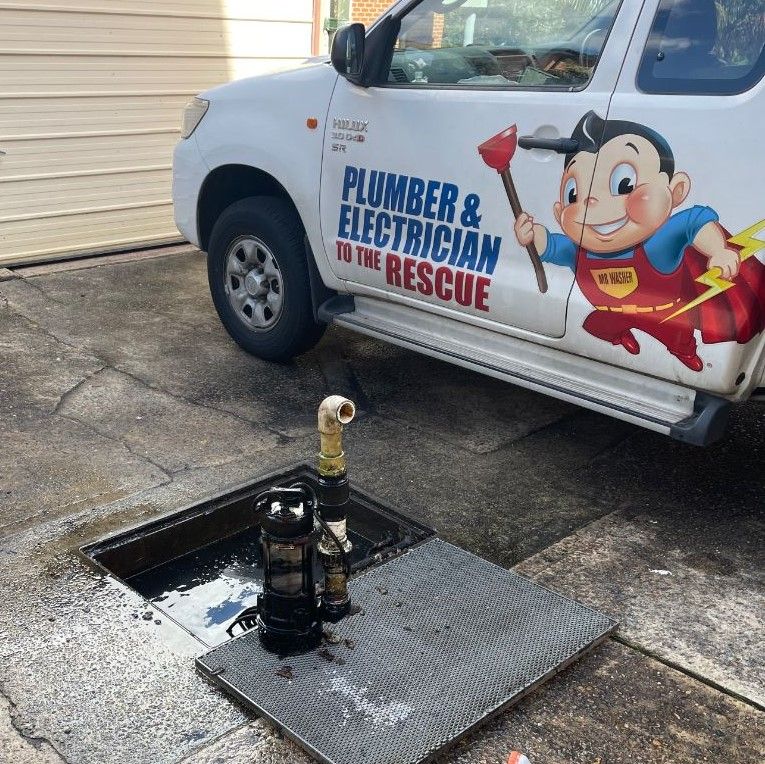Plumbing expenses can often put a dent in your wallet, but fear not! I’ve got some extraordinary ways for you to save money while keeping your plumbing system in top shape. As an added bonus, implementing these preventative measures will help you steer clear of pricey insurance claims, as plumbing repairs tend to make up a significant portion of homeowners’ insurance claims. So, let’s dive into some unique tips that will help you avoid those costly plumbing mishaps:
1. Embrace the Power of Insulation
Insulating your pipes may not sound ground-breaking, but it’s a vital step that many homeowners overlook. By insulating both hot and cold-water pipes, local plumbers can prevent them from freezing during colder months, which can lead to expensive burst pipe repairs. Additionally, insulation can minimize heat loss, resulting in energy savings on hot water usage.
2. Get Acquainted with Your Main Water Valve
Knowing the location of your main water valve is crucial. In case of a plumbing emergency, such as a burst pipe or an uncontrollable leak, shutting off the main water supply swiftly can prevent extensive damage. Take the time to locate and familiarize yourself with this valve to save yourself from potential headaches and costly repairs.
3. Say No to Chemical Drain Cleaners
While it might be tempting to rely on chemical drain cleaners for a quick fix, they can wreak havoc on your plumbing system over time. These harsh chemicals may deteriorate your pipes and cause long-term damage. The local plumbers opt for natural alternatives like a mixture of baking soda and vinegar or a drain snake to clear clogs effectively without compromising the integrity of your pipes.
4. Regularly Inspect and Maintain Your Plumbing
Prevention is the name of the game when it comes to plumbing. Conduct regular inspections of your plumbing system to catch any potential issues before they escalate into costly repairs. Look out for signs of leaks, drips, or water stains, and address them promptly. Additionally, schedule professional maintenance at least once a year to ensure your system is in optimal condition.
5. Upgrade to Water-Efficient Fixtures
Water-efficient fixtures not only help conserve water but also save you money in the long run. Consider replacing old, inefficient toilets, showerheads, and faucets with their water-saving counterparts. These upgrades can significantly reduce your water bill while contributing to a more sustainable lifestyle.
6. Be Mindful of What Goes Down the Drain
Clogged drains are a common plumbing issue that can lead to costly repairs. Avoid flushing or draining items like grease, coffee grounds, sanitary products, or excessive amounts of toilet paper. Dispose of these materials properly, as they can accumulate and cause blockages over time.
7. Considering these cost factors
When considering plumbing repair, there are several important factors to take into account. Here are some key factors you should consider:
- Severity of the Problem: Assess the severity of the plumbing issue. Determine whether it’s a minor repair that you can handle yourself or if it requires professional intervention. Some repairs, such as a leaky faucet or a clogged drain, can often be handled as DIY projects. However, more complex issues, like burst pipes or sewer line problems, typically require professional assistance.
- Safety: Prioritize safety when dealing with plumbing repairs. Evaluate whether the repair poses any potential risks, such as electrical hazards or exposure to harmful substances like sewage. If you’re unsure about safety considerations, it’s best to consult with a licensed plumber.
- Expertise and Tools: Consider your own skills and knowledge of plumbing repairs. Determine whether you have the necessary expertise and tools to fix the problem yourself. Plumbing repairs often require specialized tools and techniques, so it’s important to assess your abilities realistically.
- Time and Convenience: Think about the time and effort required to complete the repair. Plumbing repairs can be time-consuming, particularly if you’re not experienced in the task. Consider whether you have the availability to dedicate to the repair, and if not, it may be more convenient to hire a professional who can handle the job efficiently.
- Cost: Evaluate the cost associated with the repair. Calculate the expenses involved in purchasing any necessary parts, tools, or equipment. Additionally, factor in the potential cost of any mistakes that could arise from attempting the repair yourself. Sometimes, hiring a professional plumber might be more cost-effective in the long run.
Final thoughts
Remember, if you’re uncertain about any aspect of a plumbing repair, it’s always wise to consult with a professional plumber. They have the expertise, experience, and tools necessary to tackle complex plumbing issues and ensure a safe and effective repair. By following these unique and proactive plumbing tips, you can save money on repairs, minimize the likelihood of insurance claims, and maintain a smoothly functioning plumbing system for years to come. Remember, prevention and awareness are key to a trouble-free plumbing experience!

